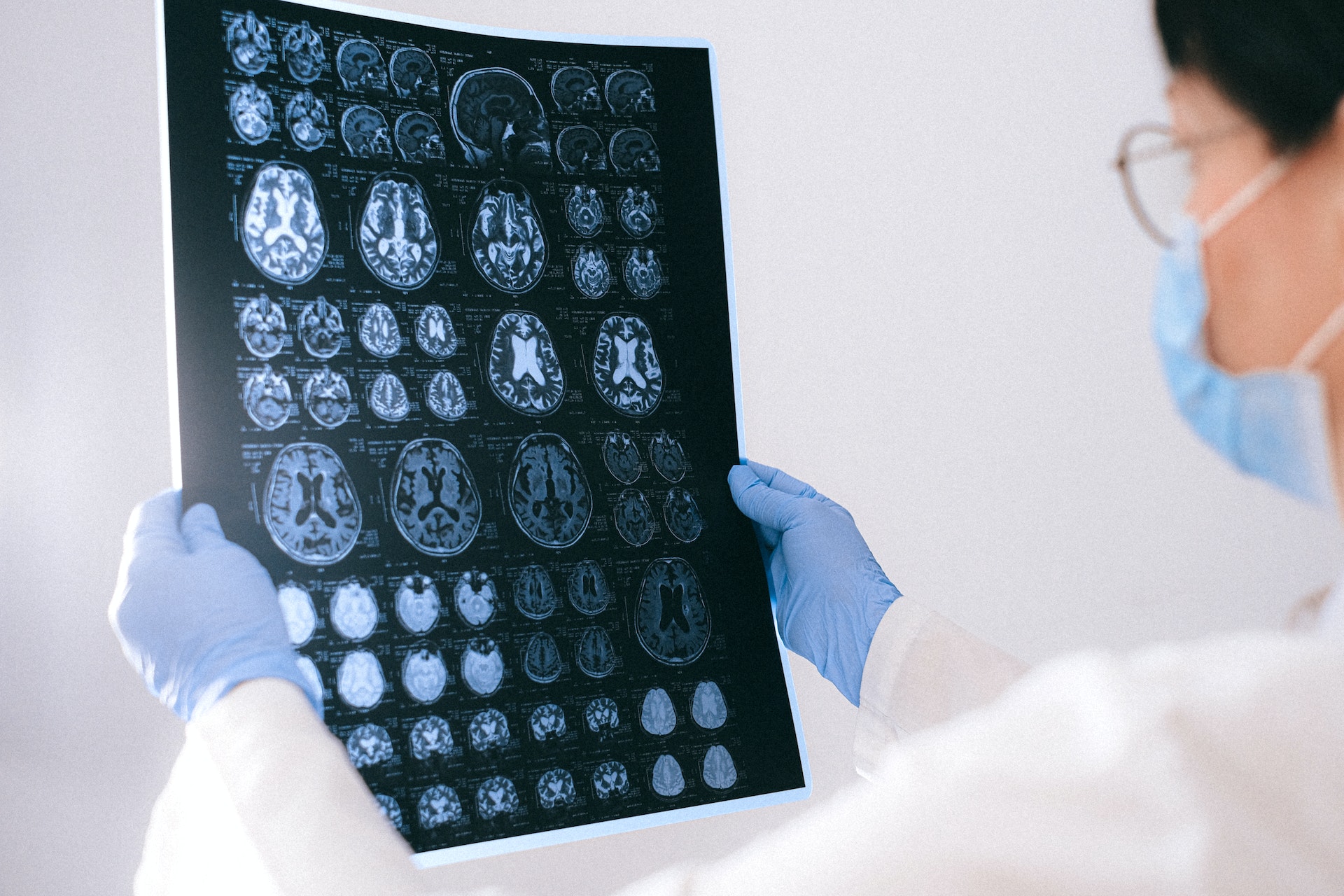MRI Help During Covid 19
MRI (Magnetic Resonance Imaging) is a diagnostic test that uses a magnetic field and radio waves to produce detailed images of internal body structures. In general, MRI is not a routine test for diagnosing or monitoring COVID-19.
However, in some cases, an MRI may be necessary to evaluate complications related to COVID-19, such as respiratory failure or neurological symptoms. For example, an MRI may be used to evaluate lung damage, blood clots, or brain inflammation in severe COVID-19 cases.
If an MRI is deemed necessary for a COVID-19 patient, extra precautions will need to be taken to prevent the spread of the virus. This may include the use of appropriate personal protective equipment (PPE) and scheduling the scan during a time when the MRI facility is less busy to minimize exposure to other patients.
Ultimately, the decision to perform an MRI on a COVID-19 patient will be made by the healthcare provider based on the individual’s specific medical needs and overall condition.
MRI (Magnetic Resonance Imaging) is a powerful diagnostic tool that helps healthcare providers to diagnose and treat a variety of medical conditions. It works by using a strong magnetic field and radio waves to produce detailed images of internal body structures.
Here are some ways in which MRI can help people and aid in their recovery:
- Accurate Diagnosis: MRI can help diagnose a wide range of medical conditions, such as brain and spinal cord injuries, joint and musculoskeletal disorders, tumors, and infections. Accurate diagnosis is essential for proper treatment and management of these conditions.
- Early Detection: MRI can detect medical conditions at an early stage, allowing healthcare providers to intervene before the condition progresses and causes further damage.
- Treatment Planning: MRI can provide detailed images that help healthcare providers plan and prepare for surgeries or other medical interventions.
- Monitoring Progress: MRI can be used to monitor the progress of medical treatments, such as chemotherapy or radiation therapy, and to detect any changes in the condition.
- Non-invasive: Unlike many other diagnostic tests, MRI is non-invasive and does not involve radiation. This makes it a safe and preferred option for many patients.
Overall, MRI plays an important role in diagnosing, treating, and monitoring a wide range of medical conditions, and can help people recover and improve their quality of life.






3 thoughts on “MRI Help During Covid 19”
Karon Balina
October 7, 2020Lorem ipsum dolor sit amet, consectetur adipisicing elit, sed do eiusmod tempor incididunt ut labore et dolore magna aliqua. Ut enim ad minim veniam, quis nostrud exercitation ullamco laboris nisi ut aliquip ex ea commodo consequat.
Dr Berbat
October 7, 2020I am impressed with delivery and product quality
Arista Williamson
October 7, 2020Lorem ipsum dolor sit amet, consectetur adipisicing elit, sed do eiusmod tempor incididunt ut labore et dolore magna aliqua. Ut enim ad minim veniam, quis nostrud exercitation ullamco laboris nisi ut aliquip ex ea commodo consequat.